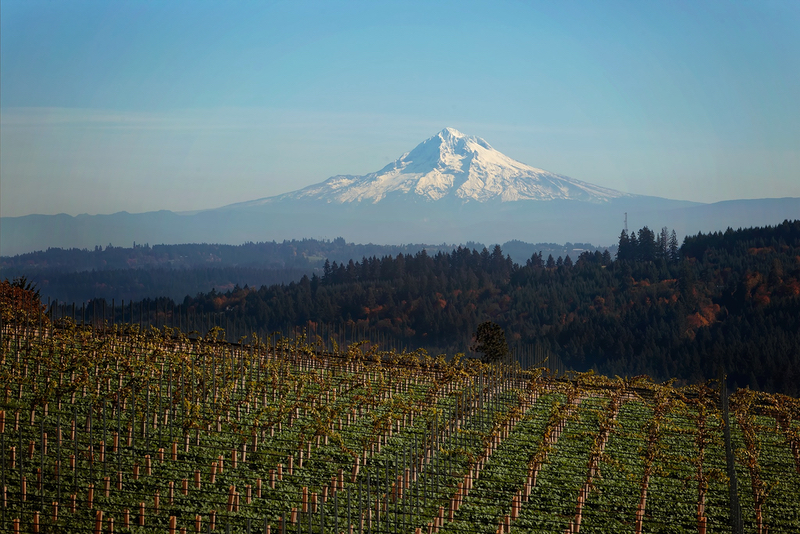It won’t be a big secret to readers who’ve been with us for a while that I lean toward the traditional dry wines of Italy and France.
How to support us
The 30 Second Wine Advisor is a reader-supported community. If you enjoy these free reports, please consider subscribing! You’ll get twice as many reports on a wider range of wines, and you’ll help us pay the rent!
These are wines that evolved over centuries as an accompaniment to food, and they show their best when we enjoy them with a meal, marveling over the point-counterpoint between the beverage and the flavors on our plates.
When I walk into a wine store, I generally do a quick sort: Are the lower shelves loaded with inexpensive bottles from corporate wine factories? Do the upper shelves at convenient eye level proudly bear sought-after bottles with breathtaking price tags, festooned with cards boasting about their 90-plus ratings?
Got it! Once I’m oriented, I can focus my attention in between those extremes and start making choices from the Goldilocks zone: Not too pricey, not too cheap, but just right. To my tastes, the most fruitful ground in this range takes me back again to … France and Italy.
There’s nothing wrong with that. These classic European wines have brought me a lot of pleasure. I can feel confident that, with reasonable effort, I can find a bottle that will make me happy and, I hope, please you too if you act on my review.
But it’s a wide world of wine out there. Sure, France and Italy produce the most wine. Add Spain and the United States, and we’ve covered more than half of the world’s production. A total of just 28 countries, including those four, make some 85% of all the world’s wine, although smaller amounts come from more than 100 places. That’s a fascinating realm for exploration, and that’s why I make it a point to go off in some other direction reasonably often.

Chehalem Winery’s Chehalem Mountain vineyard scene, with Oregon’s Mount Hood looming in the distance.
So today, let’s come back to the New World to talk about an excellent wine from Oregon in the U.S. Pacific Northwest, a place that within the 50 years since David Lett planted its first Pinot Noir vineyard in 1965 has become a world destination for Pinot Noir.
Oregon Pinot Noir, particularly wines from the fertile Willamette Valley south of Portland, has gained a reputation for a complex, balanced style that echoes the great Pinots of Burgundy. Willamette’s produce has become so sought-after that more than 700 wineries pack the valley’s 120-mile length, and 70% of its vines are Pinot Noir.
So Pinot Noir is good, it’s sought-after, and there’s a substantial but not unlimited amount of it: Almost 79,000 tons of Oregon Pinot were harvested in 2022. This reality yields a simple economic equation: Good Oregon Pinot Noir is not cheap. With research and planning you can find drinkable bottles in the teens, but to start hearing a Burgundian melody rising from your glass you’re going to spend $30 to $50 for a bottle and on upward to triple-digit trophies like Domaine Serene ‘Monogram’ Pinot Noir ($332 average retail) or Evening Land Willamette Valley Pinot Noir ($309 average retail).
I zeroed in on the relatively new Chehalem Mountains Willamette Valley sub-region for this week’s featured wine, Chehalem Wines 2021 Chehalem Mountains Pinot Noir.
Sustainably grown and thoughtfully made, this wine displays the elegance, texture, and balance that you’d look for in a Burgundy, with fresh, true fruit and drinkability that speaks of Oregon. It boasts a good quality-price ratio with a U.S. retail price around $30, and frankly tastes like a more expensive wine.
Regretfully, then, I must limit this week’s tasting report to paid-tier subscribers, whose support makes it possible for me to purchase more costly wines like this. If you’re not a subscriber already, I’d love it if you would consider subscribing to our paid-tier edition.

Support The 30 Second Wine Advisor with your paid-tier subscription. For $5 per month or $50 for a year (a 17% saving), you’ll receive additional wine notes funded by your subscriptions, gain quick direct access for wine-related questions, and receive other benefits.




